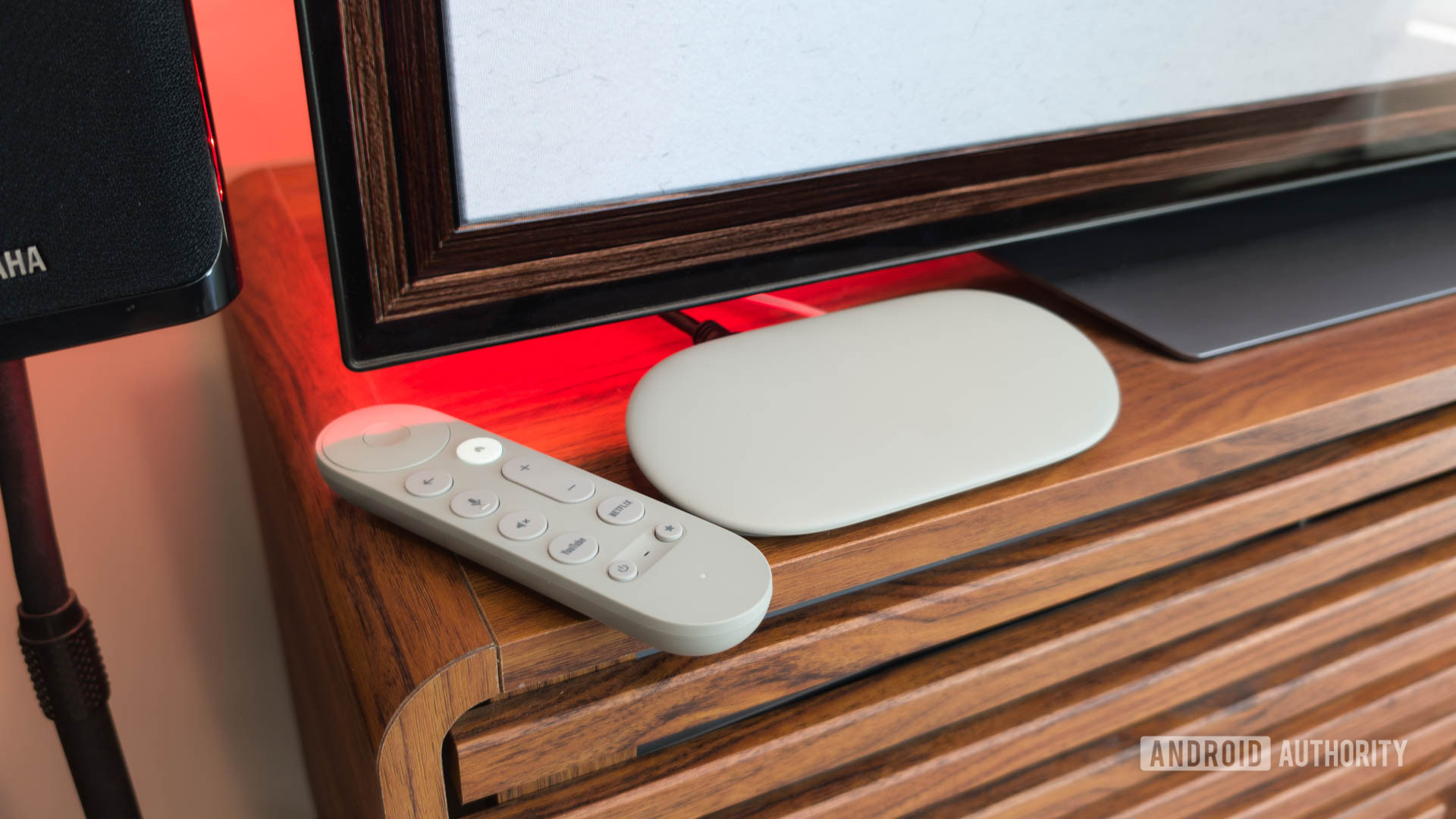AI this. AI that. AI this, that, and the other thing, too. If you’re tired of hearing about AI-everything, you’re not alone. So am I, but I think there’s one benefit to AI on smartphones that we’re not discussing enough: processor leaps and extra RAM. And the Pixel 9 is a prime example of a phone that benefits from AI even if you, as a Pixel 9 buyer, don’t end up using a lot of these newfangled AI features.
Going back a step, I’ll acknowledge that AI done well can be very helpful, very relevant, and very life-changing — the Pixel’s set of smart calling features, Google Recorder, and Samsung’s document summarization are good examples of that. But other AI features I’ve tested so far just seem a bit superfluous and pointless to me. Artificially-generated wallpapers or emojis, message tone-modifying tools, and silly photo-editing methods are things I’ve tried a few times and promptly forgot about in my own daily use.
That’s why I’ve been following all of the Pixel 9 leaks with some skepticism. We’re expecting a bunch of new features under the “Google AI” label, including a screenshot analysis tool, a studio for generating images, and an “Add Me” feature that lets the photographer add themselves to a group shot. But the one thing not being talked about enough is how this AI push is forcing companies like Google to up their hardware game after a few years of stagnation.
The Pixel 9 phones are getting a 4GB bump in RAM, which should be useful for everyone, with or without AI.
The base Pixel 9 is supposed to get 12GB of RAM, up from 8GB on the Pixel 8, while the Pixel 9 Pro and 9 Pro XL should both jump up to 16GB of RAM from 12GB on the current Pixel 8 Pro. That’s 4GB more on each model, and you’ll bet that they’ll be handy for everyone, even those who don’t end up constantly using a lot of AI functionality.
More RAM for today and tomorrow
Android Authority composite/MySmartPrice/91mobiles
For years now, my colleague Gary Sims has said that 8GB of RAM are more than enough, but his recent tests show that modern flagships could do with a bit more headroom. 12GB is ideal if you want to play games, shoot videos, browse the web, and do more with the extremely capable smartphone in your pocket. And that’s without taking AI and demanding on-device algorithms into consideration.
Extra RAM means the Pixel 9 series is more future-proof than the Pixel 8 series, especially if you keep it for its full seven-year-support period.
So, with 12GB of RAM, the upcoming Pixel 9 should be well-equipped for regular use for everyone. It should also run Gemini Nano on-device — something that’s been left in a sort of beta on the Pixel 8 because of its less-capable 8GB RAM setup.
And with 16GB of RAM, the upcoming Pixel 9 Pro and Pro XL should be beyond ready for today’s and tomorrow’s use cases. These phones are getting seven years of updates, so you bet that they will need that extra RAM headroom at some point in four or five years’ time, and you won’t regret having a bit of leeway even if you don’t end up adopting a lot of AI features. For those that do, though, the 4GB of bonus RAM should come in handy for several iterations of on-device Gemini Nano down the road.
A slightly better chip, with a promise of more
However, you’ll have noticed that I didn’t mention the processor all that much. We’re indeed expecting the new Pixels to ship with a new Tensor G4 processor, but unlike other phones that are taking a huge chipset leap to support a future full of AI models and computations, the Tensor G4 shouldn’t be a big upgrade compared to the G3. My colleague Kamila explained very well how the Tensor G4 is not the chip Google wanted, while Gary’s video above goes into the same details in a video format.
The TL;DR is that Google had aimed to make its own in-house chipset for the Pixel 9 series, missed that deadline, and had to bounce back and make a slightly upgraded version of the Tensor G3 at the last minute.
While the Pixel 9's AI bonus is in its RAM upgrade, the Pixel 10 should also give everyone a processor boost.
So buyers who grab a Pixel 9 won’t benefit a lot from Google’s AI-inspired processor advances but come next year, the Pixel 10 should be more capable and more future-proof with the company’s first in-house processor. The Tensor G5 should skip Samsung’s manufacturing and go for TSMC’s more efficient foundry, include a more powerful CPU and GPU, and sport a new TPU for AI and a new DSP for improved photography skills. So, once again, it’ll be a huge bonus whether or not you delve into the AI functionality.
This is one of the least discussed side effects of the AI revolution, and you know what? We might as well get some perks out of it, even if we don’t end up adopting all of the funky AI features companies are developing.








 English (US) ·
English (US) ·